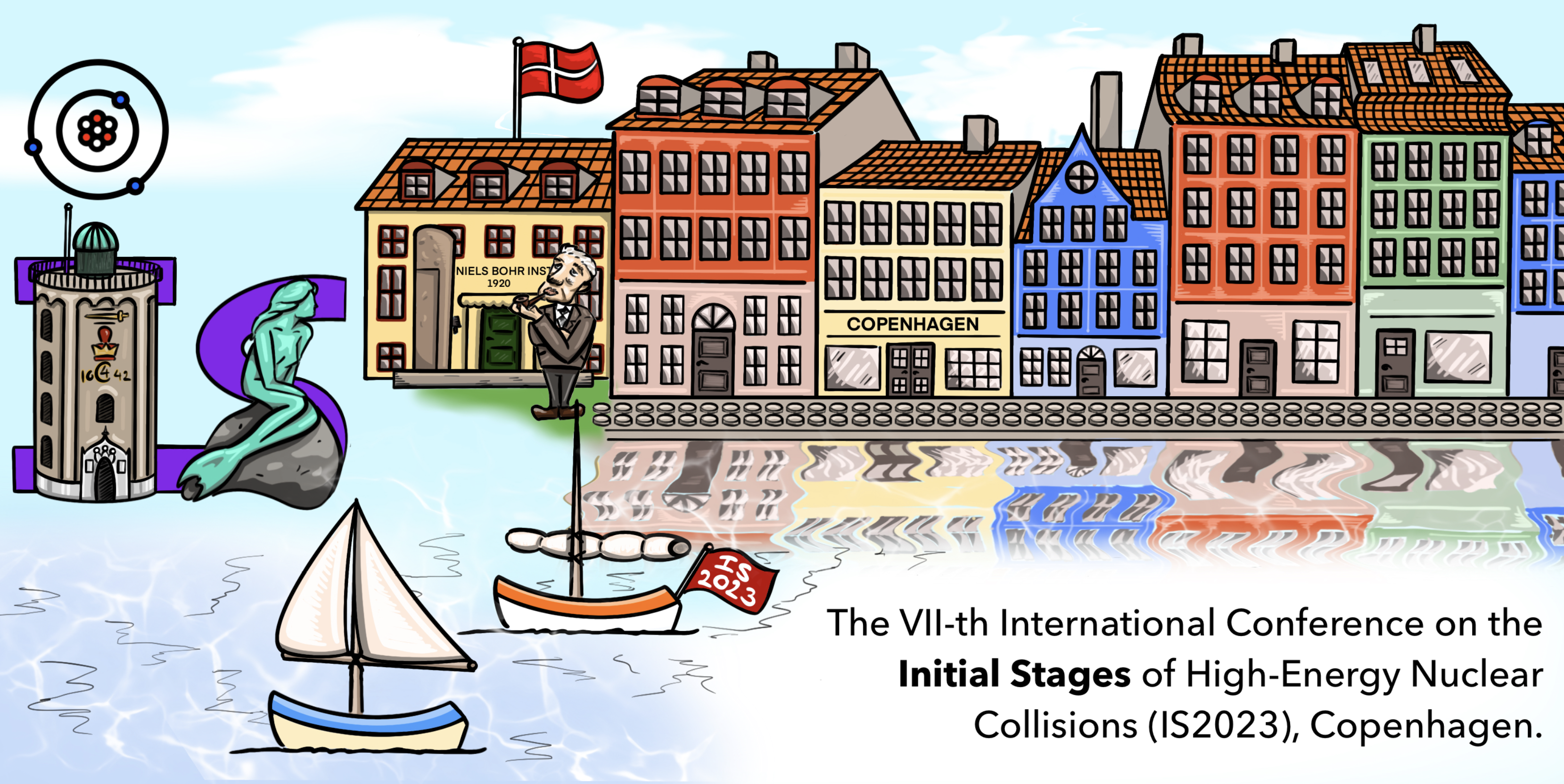Speaker
Description
In this work, the origin of anisotropic flow in hybrid approaches, combining viscous relativistic hydrodynamics as well as hadronic transport, is studied.
Anisotropic flow emerges in all stages, albeit being influenced by the shear viscosity in the hydrodynamic phase. Due to the theoretical uncertainties, hybrid approaches use several initial condition models, including SMASH IC, TRENTo and IP-Glasma. Many efforts are under way to extract the shear viscosity from hybrid approaches using Bayesian inference. However, next to the shear viscosity, the structure of the initial condition of the hydrodynamic evolution has a strong impact on the measured flow and therefore introduce a model dependence. Apart from the initial state eccentricities, initial momentum space information can additionally affect the measured flow.
In this work, the event-by-event correlations between initial and final state properties of SMASH IC, TRENTO and IP-Glasma are studied in the SMASH-vHLLE-hybrid approach at $\sqrt{s_{NN}}=200$ GeV. Initial state momenta are shown to have a significant contribution to final state flow at low eccentricities, as well as to strongly decrease the linear dependency between eccentricities and flows.
| What kind of work does this abstract pertain to? | Theoretical |
|---|---|
| Which experiment is this abstract related to? | STAR |
